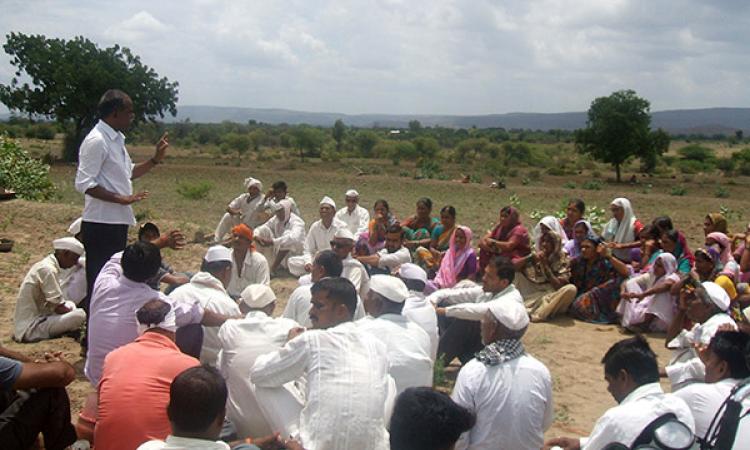
Behaviour change and not just toilets needed for Swachh Bharat
A study conducted by the Global Sanitation Fund in the states of Jharkhand, Odisha and Maharashtra has revealed that a number of villagers have gone back to defecating in the open despite having toilets at home. Social, religious and cultural barriers remain, and the absence of adequate toilet-related behaviour change has left the constructed toilets abandoned. Though women and children preferred using toilets at home, the study found that using latrines as a norm has not yet penetrated in most villages.
Quality Council of India rates Sikkim as India’s best in sanitation
In a survey conducted to assess the sanitation situation in 75 districts across the country, Sikkim emerged as the top performing state while Mandi in Himachal Pradesh was adjudged the best district. The study was conducted by the Quality Council of India (QCI) across 70,000 rural households. Bihar emerged as the worst performing state, closely followed by Telangana. The survey noted and ranked districts based on toilet access, disposal of waste and overall public cleanliness.
Pune leads the way in city sanitation
To ensure quality in toilet construction, the Pimpri Chinchwad municipal corporation will soon be adopting the Pune municipal corporation’s strategy of releasing funds after a third party scrutiny of the constructed latrines. Pimpri Chinchwad has a target of constructing 11,000 individual household toilets within the next seven months. The Maharashtra government had earlier asked corporations across the state to follow the Pune model to ensure Swachh Bharat’s success.
Coimbatore-model of solid waste management to be followed in other TN cities
The decentralised model of solid waste management adopted by the Coimbatiore municipal corporation will soon be tried out in cities across Tamil Nadu. The city has done tremendously well in ward-wise collection, segregation and management of solid waste. Sanitary workers earn incentives by selling the segregated non-biodegradable waste. Though the system is manpower intensive, the overall ecological sustainability of the practice could very well be replicated in other towns and cities.
This is a roundup of important sanitation related news published between September 3 and 9, 2016